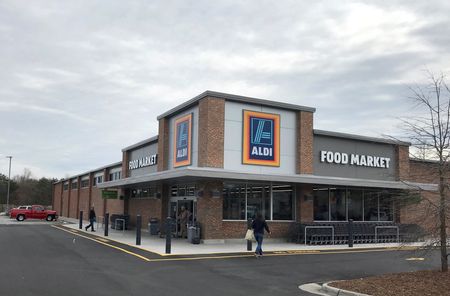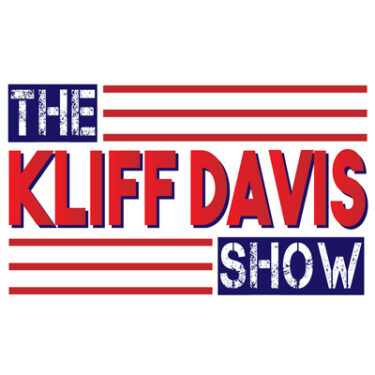By Siddharth Cavale
NEW YORK (Reuters) – The U.S. arm of German-owned discount supermarket chain Aldi urged its suppliers on Monday to drive down costs, increase production of items like cheese, bring operations closer to stores, and focus on sustainability to sharpen the chain’s competitive edge against rivals.
In its inaugural U.S. supplier summit, Aldi U.S. urged suppliers to ensure on-time and complete product deliveries, while emphasizing scaling up production in the North and Southeast regions where the Aldi Sud-owned supermarket chain is undergoing significant expansion.
In exchange, Aldi pledged support to suppliers by aiding in establishing additional production lines or facilities, securing more long-term supply contracts, and collaboratively working on business development.
WHY IT’S IMPORTANT
Over 90% of products sold by Aldi are private-label, placing the supermarket chain in intense competition with rival grocers expanding their own private-label food brands.
Due to ongoing inflation, Americans are switching to less expensive private-label products, instead of high-cost national brands.
CONTEXT
Walmart last week debuted a private-label food line of 300 items with 70% priced under $5.
Kroger in March said it planned to add more than 800 items to its “Our Brands” private-label products, while Target is adding hundreds of new items to its “Favorite Day” and “Good & Gather” private-label food brands.
KEY QUOTES
“You, our suppliers, are our unsung heroes,” said Joan Kavanaugh, vice president of national buying at Aldi.
“I can’t state the importance of reducing costs enough,” said Scott Patton, vice president of national buying at Aldi.
BY THE NUMBERS
Aldi is adding 800 stores by the end of 2028, mainly in the north and southeast United States, after it bought Winn-Dixie and Harveys Supermarket parent, Southeastern Grocers.
U.S. household penetration of Aldi’s private-label food brand is 43.7% vs Target’s 40.3% for Good and Gather and over 50% for Walmart’s in the first quarter of 2024, according to data company Numerator.
Brought to you by www.srnnews.com







